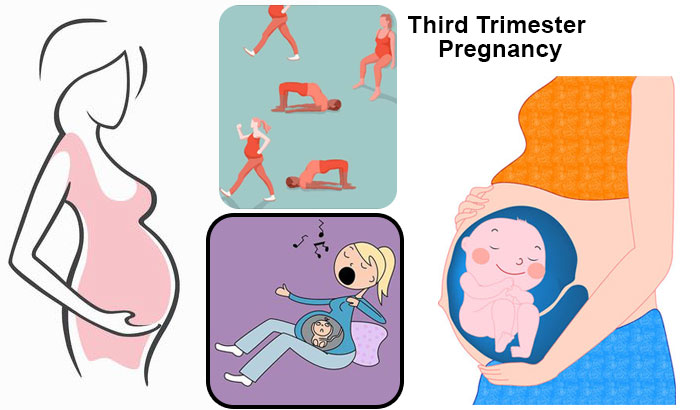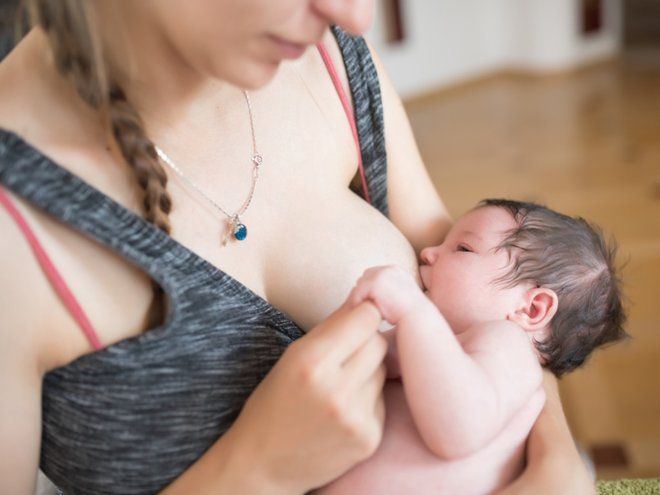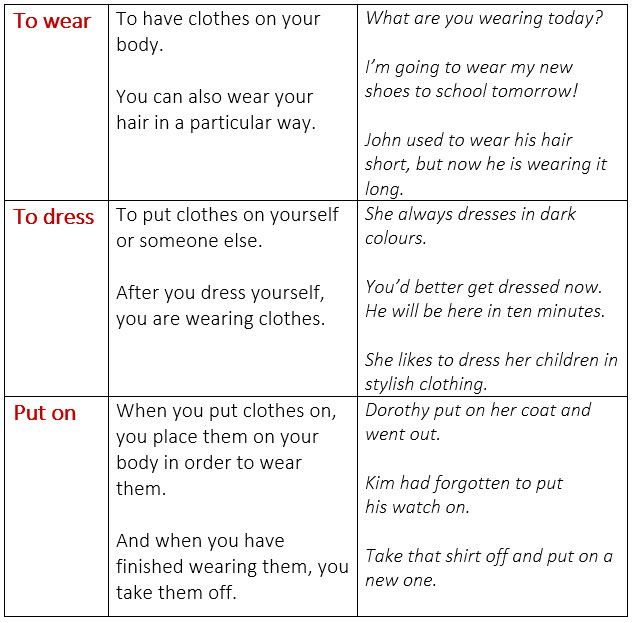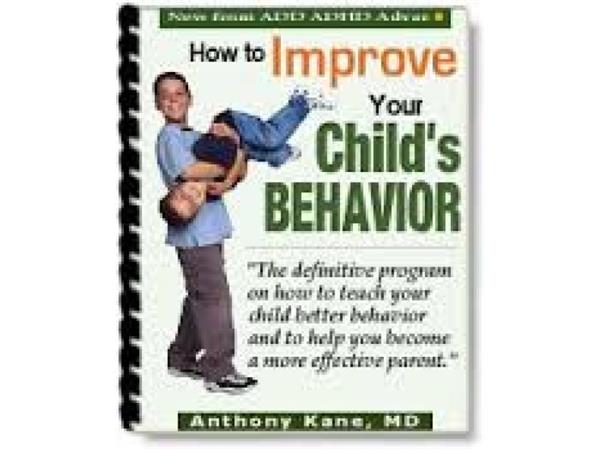Drinking while not knowing you are pregnant
Alcohol and Pregnancy Questions and Answers
Q. What is a “drink”? What if I drink only beer or hard seltzer?A: Any type of alcohol use can affect your baby’s growth and development and cause FASDs. This includes all wines, beer, and mixed drinks. A standard drink is defined as .60 ounces of pure alcohol. This is equivalent to one 12-ounce beer or wine cooler, one 5-ounce glass of wine, or 1.5 ounces of 80 proof distilled spirits (hard liquor). Some drinks, like mixed alcoholic drinks or malt liquor drinks, might have more alcohol in them than a 12-ounce beer. There is no safe kind of alcohol. If you have any questions about your alcohol use and its risks to your health, talk to your health care provider. You can also visit CDC’s website on alcohol.
Q: Is it okay to drink a little or at certain times during pregnancy?A: There is no known safe amount of alcohol use during your pregnancy or when you are trying to get pregnant. There is also no safe time for alcohol use during pregnancy. Alcohol can cause problems for your baby throughout your pregnancy, including before you know you are pregnant.
FASDs are preventable if a baby is not exposed to alcohol before birth.
Q: I drank wine during my last pregnancy and my baby turned out fine. Why shouldn’t I drink again during this pregnancy?A: Every pregnancy is different. Alcohol use during pregnancy might affect one baby more than another. You could have one child who is born healthy and another child who is born with problems.
Q: If I drank when I was pregnant, does that mean my baby will have an FASD?A: If you used any amount of alcohol while you were pregnant, talk with your child’s healthcare provider as soon as possible and share your concerns.
You may not know right away if your child has been affected. FASDs include a range of physical and intellectual disabilities that are not always easy to identify when a child is a newborn. Some of these effects may not be known until your child is in school.
Some of these effects may not be known until your child is in school.
There is no cure for FASDs. However, identifying and intervening with children with these conditions as early as possible can help them to reach their full potential.
Q: Is it okay to drink alcohol if I am trying to get pregnant?A: You might be pregnant and not know it yet. You probably won’t know you are pregnant for up to 4 to 6 weeks. This means you might be exposing your baby to alcohol without meaning to.
Alcohol use during pregnancy can also lead to miscarriage and stillbirth.
The best advice is to avoid any alcohol use when you start trying to get pregnant.
Q: If a woman has an FASD, but does not drink during pregnancy, can her child have an FASD? Are FASDs hereditary?A: FASDs are not genetic or hereditary. If a baby is exposed to alcohol during pregnancy, the baby can be born with an FASD. But if a woman has an FASD, her own child cannot have an FASD, unless she uses alcohol during pregnancy.
A: How alcohol affects the male sperm is currently being studied. Whatever the effects are found to be, they are not fetal alcohol spectrum disorders (FASDs). FASDs are caused specifically when a baby is exposed to alcohol during pregnancy.
However, the father’s role is important. He can help the woman avoid alcohol use during pregnancy. He can encourage her to abstain from alcohol by avoiding social situations that involve drinking. He can also help her by avoiding alcohol himself.
Q: I suspect my child might have an FASD. What should I do?A: If you think your child might have an FASD, talk to your child’s doctor and share your concerns. Don’t wait!
If you or the doctor thinks there could be a problem, ask the doctor for a referral to a specialist (someone who knows about FASDs), such as a developmental pediatrician, child psychologist, or clinical geneticist. In some cities, there are clinics whose staffs have special training in diagnosing and treating children with FASDs. To find doctors and clinics in your area visit the National and State Resource Directory from FASD United (formerly NOFAS).
In some cities, there are clinics whose staffs have special training in diagnosing and treating children with FASDs. To find doctors and clinics in your area visit the National and State Resource Directory from FASD United (formerly NOFAS).
At the same time as you ask the doctor for a referral to a specialist, call your state or territory’s early intervention program to request a free evaluation to find out if your child can get services to help. This is sometimes called a Child Find evaluation. You do not need to wait for a doctor’s referral or a medical diagnosis to make this call.
Where to call for a free evaluation from the state depends on your child’s age:
- If your child is younger than 3 years old, Call your state or territory’s early intervention program and say: “I have concerns about my child’s development and I would like to have my child evaluated to find out if he/she is eligible for early intervention services.
 ”
”
Find your state’s early intervention contact information here.
Learn more about early intervention » - If your child is 3 years old or older, contact your local public school system.
Even if your child is not old enough for kindergarten or enrolled in a public school, call your local elementary school or board of education and ask to speak with someone who can help you have your child evaluated.
Learn more about this process »
Drinking Alcohol While Pregnant in First 3 Weeks: Is It Safe?
It happens. Perhaps you went off birth control a few months ago to try for a baby, but weren’t expecting to get pregnant so soon. You did cut back on alcohol to up your chances of conceiving, but you continued having a glass of wine here and there.
Or maybe you weren’t trying to get pregnant at all, and it came as a surprise when you realized that your period was over a week late. Now you’re looking at two pink lines on a home pregnancy test and freaking out about the night out with your girlfriends that you enjoyed a few days ago.
Maybe you’ve even known for a couple weeks that you’re pregnant, but you went ahead and toasted the bride and groom at a recent wedding because your friend told you small amounts of alcohol so early in pregnancy don’t do any harm.
Whatever the case, you’re now worried and want to know what damage, if any, drinking in very early pregnancy can do.
First off, take a deep breath and let go of any guilt or shame that you feel about the past. You’re in a no-judgement zone here. Next, continue reading to learn what the side effects can be — and most importantly, what you can do to ensure good health for you and your baby moving forward.
At the very top of its alcohol and pregnancy information sheet — and in bold type, no less — the Centers for Disease Control and Prevention (CDC) advises that women who are trying to become pregnant or could be pregnant shouldn’t drink.
Why? It’s not really about the harm done by what you drink before you’re even pregnant (though this may affect your ability to conceive). It’s that no amount of alcohol at any point in pregnancy has been absolutely proven to be safe.
It’s that no amount of alcohol at any point in pregnancy has been absolutely proven to be safe.
Since you can be pregnant without knowing it, the CDC is covering the possibility that you’re in the earliest stages of pregnancy — 3 or 4 weeks, often even before your missed period. (Many people don’t know they’re pregnant until they’re already 4 to 6 weeks.)
Like the CDC in the United States, the NHS in the United Kingdom says that if you’re pregnant or planning to become pregnant, avoid alcohol.
Truly specific research around drinking alcohol in very early pregnancy is pretty tricky. That’s because it would be unethical to put together a study and actually request that any segment of the pregnant population do something (drink alcohol) known to cause harm even some of the time.
What we do have: research that looks at people who self-report alcohol use during pregnancy as well as some animal studies. We also have a lot of science backing our understanding of human development in the womb, including brain and central nervous system development starting at week 3 of pregnancy (right after implantation).
In one 2015 study done in mice, researchers gave the animals alcohol at 8 days gestation — roughly equivalent to the early fourth week in a human pregnancy. They found that the offspring of these mice had changes to their brain structure.
The results suggested that early alcohol exposure can alter DNA chemical processes. Embryonic stem cells that change as a result of the mother’s alcohol consumption early in pregnancy could even impact adult tissue later on.
To be a little Captain Obvious here, humans aren’t mice. There’s no way to know at this time if this effect happens in the same way in humans. It’s definitely worth further study, though.
On the other hand, a study published in 2013 looked at 5,628 women who self-reported various amounts of alcohol consumption during early pregnancy. (For the purposes of this study, though, “early” meant all the way up until 15 weeks.)
Researchers looked for common effects of alcohol on pregnancy:
- low birth weight
- high maternal blood pressure
- preeclampsia
- smaller-than-expected size for gestational age
- pre-term birth
They didn’t find a strong correlation between drinking early in pregnancy and an increased likelihood of these complications, so some people take this to mean it’s A-OK. But this study only looked at short-term outcomes (not long-term effects that might not show up until childhood) and not fetal alcohol syndrome disorders (FASDs).
But this study only looked at short-term outcomes (not long-term effects that might not show up until childhood) and not fetal alcohol syndrome disorders (FASDs).
These studies represent two ends of the spectrum — one shows some scary possibilities about changed DNA, and the other suggests no ill effects. Most studies fall more in the murky middle, though.
For example, this 2014 study looked at 1,303 pregnant women in the United Kingdom and their alcohol consumption before pregnancy and during all three trimesters. Results suggested that drinking — even fewer than two drinks per week — in the first trimester increased risk of complications, like lower birth weight and pre-term birth.
And this research published in 2012 suggested that even light drinking in the early weeks could increase miscarriage risk, though the risk goes up with heavier drinking.
It might be accurate to look at all the information out there and say that very light drinking in very early pregnancy doesn’t always (or often) cause problems — but it could. And different people define “light” differently, adding to the confusion. So following CDC and NHS guidelines of no alcohol at any point is the safest option and the one that we recommend.
And different people define “light” differently, adding to the confusion. So following CDC and NHS guidelines of no alcohol at any point is the safest option and the one that we recommend.
There are a couple big concerns with drinking early in pregnancy: miscarriage and fetal alcohol syndrome disorders.
It’s an incredibly difficult reality that miscarriages are as common as they are. And even if you do everything by the book, the highest risk of miscarriage is in the first trimester — and it often happens due to issues outside of your control (like chromosomal abnormalities).
Numerous reliable sources and studies (like the one we mentioned above) mention that alcohol use in the first trimester may increase miscarriage risk. Why this happens isn’t entirely clear.
The other big risk is FASDs. Symptoms include:
- pre-term birth
- low birth weight
- neurological problems
- behavioral problems that show up later in childhood
- certain abnormal facial features (thin upper lip, small eyes, missing vertical crease between the nose and lips)
- cognitive difficulties
Here’s something to remember: in-utero human development doesn’t happen all at once. It happens over a 40-week period (more or less, but you know what we mean) and there are many contributing factors.
It happens over a 40-week period (more or less, but you know what we mean) and there are many contributing factors.
And while drinking at any stage of pregnancy should be avoided, both the American College of Obstetricians and Gynecologists and the Royal College of Obstetricians and Gynaecologists say harm from having a little alcohol before you knew you were pregnant is unlikely.
So if you drank alcohol before you realized you were pregnant, the important thing is that you stop now. Your tiny human’s brain has a lot of development yet to go.
Take your daily prenatal vitamin, maintain a healthy diet, avoid undercooked meats and raw or high-mercury fish, and keep your prenatal appointments — these are all wonderful things you can do to promote your baby’s health.
And while we’re on the topic of those prenatal appointments — talk to your doctor candidly about your concerns and let them know that you had alcohol early on.
If you feel uncomfortable chatting with them about things that may affect your pregnancy, find a new doctor.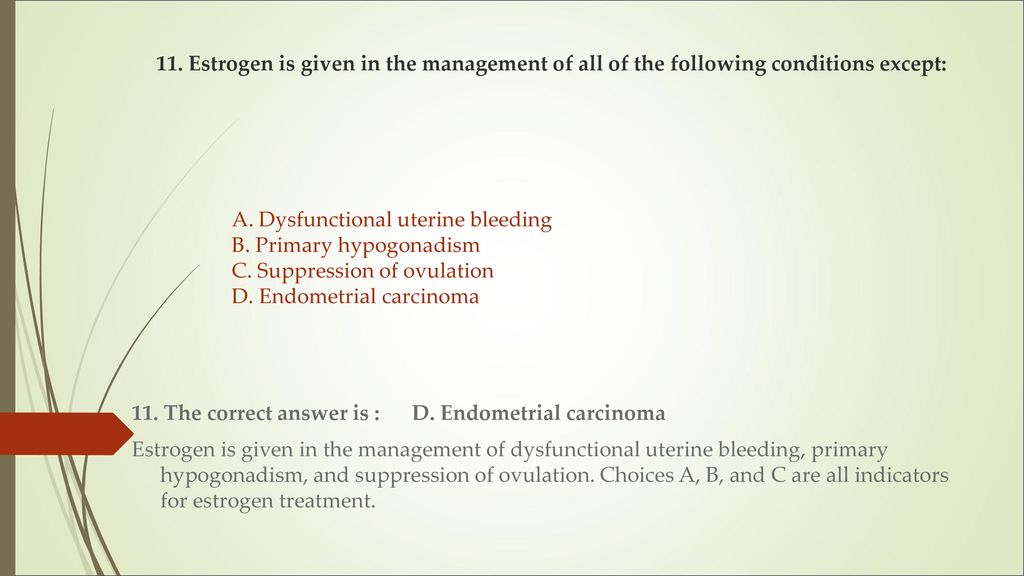 Being able to speak honestly about your health and the health of your baby during pregnancy is crucial to having a healthy, happy nine months.
Being able to speak honestly about your health and the health of your baby during pregnancy is crucial to having a healthy, happy nine months.
What is the danger of alcohol during pregnancy
"Alcohol is contraindicated for children and adolescents under 18, pregnant and lactating women ..." - we see this inscription on every bottle of alcoholic beverage. No one doubts that pregnant women should not drink, but we decided to study the issue and find out how dangerous it is to drink alcohol during pregnancy.
How does alcohol affect pregnancy?
Although doctors generally do not recommend drinking alcohol during pregnancy, a certain proportion of women do not follow this advice (and this is what provides material for research). According to various estimates, about half of pregnant women drink one or another amount of alcohol - knowingly or not knowing about the pregnancy.
This question - what to do if you drank without knowing about your situation - worries a lot of women. As explained at the Royal College of Obstetricians and Gynecologists, in the first two weeks after conception (before the delay of menstruation, when the woman does not yet know about pregnancy), drinking alcohol cannot yet harm the fetus. But it can interfere with its attachment and lead to the termination of a barely begun pregnancy, which the woman will never know about.
As explained at the Royal College of Obstetricians and Gynecologists, in the first two weeks after conception (before the delay of menstruation, when the woman does not yet know about pregnancy), drinking alcohol cannot yet harm the fetus. But it can interfere with its attachment and lead to the termination of a barely begun pregnancy, which the woman will never know about.
Data vary as to whether drinking before pregnancy affects the risk of early miscarriage. One study (on 18,000 women) showed that alcohol use was not associated with an increased risk of miscarriage in women who had not previously experienced a miscarriage. But another study found an increase in the risk of miscarriage when the dose was exceeded in 2 servings per day. Studies have also been conducted on women undergoing IVF procedures: it was found that the risk of failure is four times higher when drinking alcohol in the week before the procedure, and three times when drinking in the previous month.
The effect of alcohol on the likelihood of preterm birth has also been studied. British scientists examined data from studies on the effects of drinking small amounts of alcohol during pregnancy. The data was published in BMJ in 2017. An 8% increase in the risk of having an underweight baby and a 10% increase in the risk of preterm birth were found with two drinks per week (up to 32g). A delayed effect on the health of the child has not been noted, but this does not mean that it is completely excluded. The review authors noted the lack of good research specifically on the topic of drinking small, casual amounts of alcohol during pregnancy, rather than moderate or excessive consumption.
British scientists examined data from studies on the effects of drinking small amounts of alcohol during pregnancy. The data was published in BMJ in 2017. An 8% increase in the risk of having an underweight baby and a 10% increase in the risk of preterm birth were found with two drinks per week (up to 32g). A delayed effect on the health of the child has not been noted, but this does not mean that it is completely excluded. The review authors noted the lack of good research specifically on the topic of drinking small, casual amounts of alcohol during pregnancy, rather than moderate or excessive consumption.
Another study published in the journal Obstetrics And Gynecology in 2013 found no association between alcohol consumption in the first 15 weeks of pregnancy and low birth weight, preeclampsia, or preterm birth. The study involved 5628 primiparous women in England, Ireland, New Zealand and Australia, of whom 19% reported occasional drinking, 25% consumed no more than 7 drinks per week, and another 15% - more than 7 drinks per week.
There is an opinion that the use of alcohol is especially harmful in the first half of pregnancy, and towards the end of it, especially if the birth is delayed, it will not hurt, and on the contrary, it will be beneficial, it will help speed up the birth.
However, there is no scientific basis for "stimulating" childbirth with alcohol. On the contrary, alcohol relaxes the uterus, and in the past, intravenous ethanol was even used to prevent miscarriage and premature birth. Now other drugs are used for this, more effective, but there has been no risk of developing fetal alcohol syndrome in children whose mothers have undergone ethanol therapy. Some doctors suggest that drinking a small amount of alcohol will help you relax during "training" contractions - Braxton-Hicks contractions, but, of course, no one will undertake to loudly recommend this.
What is fetal alcohol syndrome?
Alcohol easily crosses the placenta, but the fetus cannot metabolize it in the same way as an adult. Therefore, how alcohol is processed by a woman's body matters: how quickly the level of alcohol in the blood rises, what is the level of enzymes that metabolize alcohol, etc. and with excessive use throughout pregnancy. In addition, alcohol abuse is often accompanied by smoking (and possibly drug use), poor health care, chronic illness, poor diet, low income, family violence, stress, and it is already difficult to determine what exactly caused the child's problems.
Therefore, how alcohol is processed by a woman's body matters: how quickly the level of alcohol in the blood rises, what is the level of enzymes that metabolize alcohol, etc. and with excessive use throughout pregnancy. In addition, alcohol abuse is often accompanied by smoking (and possibly drug use), poor health care, chronic illness, poor diet, low income, family violence, stress, and it is already difficult to determine what exactly caused the child's problems.
Fetal alcohol syndrome is a combination of congenital physical and mental defects that are caused by drinking alcohol during pregnancy. Among the specific external signs that are immediately noticeable in a child are a flattened nasolabial groove, a thin upper lip and short palpebral fissures, etc. There is also a lack of height and weight. In addition to the actual fetal alcohol syndrome (FAS), the concept of the fetal alcohol spectrum of disorders, less pronounced cognitive and behavioral problems, stands out.
Fetal alcohol syndrome develops in 1-2 children out of 1000. Approximately 10 out of 1000 children have fetal alcohol spectrum disorders.
Approximately 10 out of 1000 children have fetal alcohol spectrum disorders.
As a few cell embryos develop into a little man, countless times something can go wrong. Alcohol can affect the development of various systems. The more often and the higher the dose it affects the fetus, the higher the likelihood of violations. Today, there are no methods for prenatal diagnosis of FAS, and after the birth of a child, deviations are not always immediately visible. Violations can appear at the age of 3-10 years, and sometimes they are diagnosed already in adulthood. Often, fetal alcohol spectrum disorders are misdiagnosed and confused with autism or attention deficit hyperactivity disorder because their manifestations overlap. Now scientists are looking for new diagnostic methods: for example, there are developments on the analysis of mother's blood for the presence of certain microRNA molecules. There is evidence that it is possible to diagnose disorders of this spectrum by the movement of the child's eyes.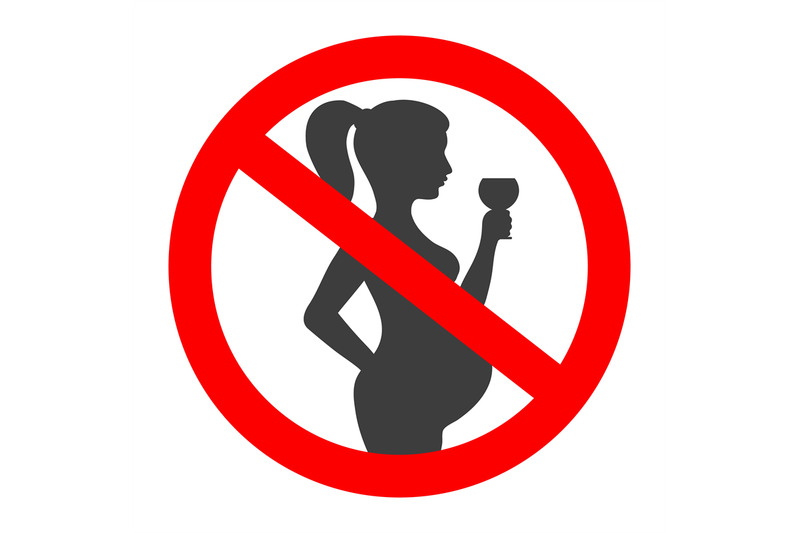
In addition, scientists are looking for ways to prevent harm. There are studies in mice. Pregnant mice (equivalent to 3-8 weeks of gestation in humans) were injected with alcohol. One group of mice was fed normally, while the other was given a zinc-fortified diet. As it turned out, the number of birth defects was much lower in the zinc group. This does not mean that pregnant women can drink alcohol while eating vitamins, but it is the basis for further research on how to prevent the risk if a woman has taken alcohol without knowing about the pregnancy for a long time.
Unfortunately, the damage caused by alcohol to a child's brain can no longer be repaired. Although many deviations can be corrected by education and psychotherapy, not everyone is lucky. In the long term, these deviations can lead to academic failure, alcohol and drug use, mental illness, conflicts with the law, problems with work and money. A predisposition to problematic drinking can eventually lead to their own children suffering from FAS.
Why does the Ministry of Health forbid?
Previously, medicine was not so strict about this issue: even at the level of national standards, it could be argued that one or two drinks per week for a pregnant woman was permissible (for example, this was allowed by the British Royal College of Obstetricians and Gynecologists). Now, all medical organizations clearly do not recommend the use of alcohol during the planning period of pregnancy and during it.
The health ministries are probably afraid that if they declare a glass of beer or wine to be safe, pregnant women will take it as an indulgence for drinking a bottle of vodka.
It will not be possible to scientifically confirm or refute the admissibility of drinking alcohol during pregnancy and establish acceptable doses. To do this, you need to conduct a randomized trial in which pregnant women will consume a certain amount of alcohol, and further study the development of children in the future for many years. First, it would be unethical. Secondly, there are many other factors - genetics, smoking, lifestyle, etc., so it will not be possible to unambiguously associate any deviations with alcohol.
First, it would be unethical. Secondly, there are many other factors - genetics, smoking, lifestyle, etc., so it will not be possible to unambiguously associate any deviations with alcohol.
An absolute ban has opponents. They believe that a complete ban stigmatizes women who have consumed alcohol during pregnancy, and they are afraid to admit this to a doctor. This can interfere with early diagnosis of fetal alcohol spectrum disorders in a child.
Therefore, it makes sense not to talk about an absolute ban, but to inform women about the risks and consequences, but allow them to make their own decisions. It is unlikely that any of the pregnant women deliberately want to harm the unborn child, so they will reduce alcohol consumption to a minimum or completely abandon it. But they will stop tormenting themselves for drinking alcohol, not knowing about the pregnancy, or sipping champagne at a wedding. After all, as studies show, the problem is not the occasional small amount, but the abuse. Abuse is not worth it to anyone - not only pregnant women.
Abuse is not worth it to anyone - not only pregnant women.
But what to do with "whims"?
It is widely known that pregnant women want strange things - pickles with ice cream, lard with jam, chalk or, for example, beer. It is generally accepted that in this way the body “asks” for the nutrients and vitamins that it and the fetus lack. However, according to a study published in 2014 in the journal Frontiers of Psychology, in the vast majority of cases, these “whims” are more of a sociocultural phenomenon than a medical phenomenon. Such strange desires are expected from a pregnant woman, and it is not surprising that they appear in her (moreover, in different countries, pregnant women eat different things with appetite). The exception is picacism, that very desire to eat something completely inedible: chalk, earth, etc. Thus, a micronutrient deficiency really manifests itself.
So what about the overwhelming desire to drink alcohol? It's not that simple here. Alcohol is addictive, but it is deeply rooted in our lives. Modern pregnant women continue to lead an active lifestyle - with holidays, guests, travel. In addition, alcohol often serves as a social lubricant, and women who are used to drinking a glass of beer to relax in the company feel uncomfortable without it. But the irresistible desire to drink is not connected with the needs of the pregnant body, but with the fact that a woman is deprived of her usual product, which to some extent causes addiction. In addition, the “forbidden fruit” factor also plays a role. If carrots were forbidden during pregnancy, which you usually don’t care about, it would be she who would cause an irresistible desire.
Modern pregnant women continue to lead an active lifestyle - with holidays, guests, travel. In addition, alcohol often serves as a social lubricant, and women who are used to drinking a glass of beer to relax in the company feel uncomfortable without it. But the irresistible desire to drink is not connected with the needs of the pregnant body, but with the fact that a woman is deprived of her usual product, which to some extent causes addiction. In addition, the “forbidden fruit” factor also plays a role. If carrots were forbidden during pregnancy, which you usually don’t care about, it would be she who would cause an irresistible desire.
To sum it up
Research shows that drinking alcohol (even the amount considered moderate for non-pregnant women) can lead to an increased risk of miscarriage. But this may be due not only to alcohol, but also to related factors.
With regard to the physical and mental health of the unborn child, studies do not link occasional small amounts of alcohol to the development of fetal alcohol spectrum disorders. But here many factors come into play: the genetic characteristics of the woman's body, accelerating or slowing down the metabolism of alcohol, her weight, liver function, and even how strong the alcohol is, how quickly and with what it is consumed. It is impossible to take them all into account.
But here many factors come into play: the genetic characteristics of the woman's body, accelerating or slowing down the metabolism of alcohol, her weight, liver function, and even how strong the alcohol is, how quickly and with what it is consumed. It is impossible to take them all into account.
Indeed, it is best to completely abstain from alcohol before conception and throughout pregnancy. However, there is no evidence that drinking really small amounts of alcohol occasionally during pregnancy inevitably harms the baby. Each woman must decide for herself.
ALCOHOL AND PREGNANCY - Outpatient medical facility
The fact that you can not drink alcohol during pregnancy is known to most. However, different situations can arise in life: one woman is planning a pregnancy, continuing to drink alcohol on holidays in order to avoid uncomfortable questions; another drinks a glass of wine, unaware that she is already pregnant; the third during pregnancy cannot cope with the desire to drink beer, believing that "a little bit is possible. " Let's look at these situations in more detail.
" Let's look at these situations in more detail.
Alcohol consumption during pregnancy planning.
Alcohol is a toxin that adversely affects the human reproductive system. In women, alcohol consumption leads to disruption of the menstrual cycle and hormonal balance, which significantly affects the ability to conceive. There are also opinions that even episodic alcohol consumption can have a negative effect on the eggs, leading to their inferiority. Also, alcohol consumption affects the male reproductive system, significantly reducing the number of sperm capable of fertilization. Therefore, a couple planning a pregnancy should stop drinking alcohol at least 3 months in advance in order to increase the likelihood of conception.
Alcohol consumption in the first weeks after conception.
Without a special examination, a woman usually discovers the fact of pregnancy at 3 weeks after conception, when the next menstruation does not come. By this time, the embryo has already firmly attached to the uterine cavity and began to receive nutrition from the mother's blood. If negative factors, including alcohol, affect him before the moment of attachment, then this will lead to his rejection and death, and he will simply leave the uterus with the next menstruation. Thus, a woman may not know that she was pregnant.
By this time, the embryo has already firmly attached to the uterine cavity and began to receive nutrition from the mother's blood. If negative factors, including alcohol, affect him before the moment of attachment, then this will lead to his rejection and death, and he will simply leave the uterus with the next menstruation. Thus, a woman may not know that she was pregnant.
According to most scientists, if alcohol did not disrupt the attachment process and the embryo continued to develop, then this would not lead to the formation of malformations in it. Thus, alcohol accidentally drunk during the first two weeks after conception will either lead to the termination of pregnancy or will not affect its further development.
Alcohol use in early pregnancy.
As mentioned above, as early as the 3rd week after conception, the embryo begins to come into contact with maternal blood. This means that all the substances in the mother's blood come to him. including ethyl alcohol. From the 3rd to the 13th week of development, the laying of all the main systems of the body of the unborn child occurs and the effect of alcohol no longer leads to rejection and death of the embryo, but to the formation of malformations and deformities of the nervous, cardiovascular, and digestive systems.
including ethyl alcohol. From the 3rd to the 13th week of development, the laying of all the main systems of the body of the unborn child occurs and the effect of alcohol no longer leads to rejection and death of the embryo, but to the formation of malformations and deformities of the nervous, cardiovascular, and digestive systems.
Alcohol use in late pregnancy.
The negative impact of alcohol on the course of pregnancy is observed after the 13th week. Ethanol and its decay products lead to spasm of the vessels of the placenta and umbilical cord, impairing the delivery of oxygen and nutrients, leading to a delay in the development of the fetus, disruption of its nervous system and brain. A prolonged lack of oxygen can even lead to the death of a child. Violation of the nervous system in the prenatal period leads to problems in the later life of the child - such children have reduced stress resistance, problems in learning, in communication, a tendency to mental illness and alcohol consumption.

